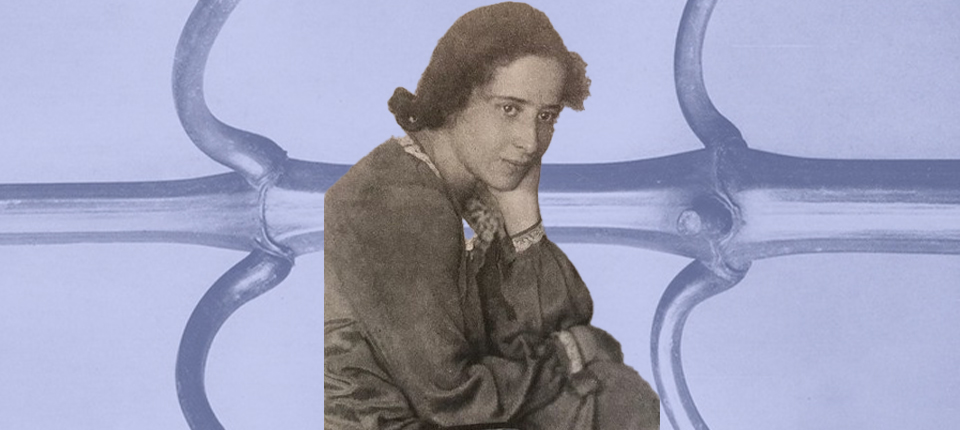The Best of the Literary Internet, Every Day
TODAY: In 1975, Hannah Arendt dies.
- “If books are banned, and people try to put them into the hands of young people, they lose their jobs.” Jacqueline Woodson on navigating book bans and staying resilient in 2025. | Lit Hub
- Jeannine Ouellette, Naomi Shihab Nye, Victoria Redel, and more poets respond to Taylor Swift. | Lit Hub Poetry
- John Brandon explains how feeling sick of technology steered him towards writing historical fiction. | Lit Hub Technology
- Anita Felicelli on surrealist writing and the art of accessing the unconscious in fiction. | Lit Hub Craft
- “If Leyner’s earlier novels were breakneck comic paeans sung to a supersize celebrity-engorged culture, these new novels felt…more fragile. More human.” Adam Sternbergh on why Mark Leyner never disappeared. | Lit Hub Criticism
- Joanna Biggs on the incommunicability of silver screen icon Monica Vitti: “I am often thinking of Vitti’s beauty when I watch her, of the way it makes me pay attention, lose my sense of time, think newly about feminism.” | Lit Hub Film
- “I started watching the Warrens’ children because my mother’s dead sister was hanging around, giving everyone a hard time.” Read Carmen Maria Machado’s story “Endings,” published in the new issue of Conjunctions. | Lit Hub Fiction
- “Humanity itself appears to be locked in a grisly death-match, struggling desperately for its very survival. But against what enemy?” Sally Rooney on climate crisis. | The Irish Times
- Meghan Herbst profiles Martha Wells: “I’m starting to see why Wells never took off for some illustrious literary haven, how she managed to navigate all her false starts and disappointments.” | Wired
- Lora Maslenitsyna considers Ukrainian and Russian poets in the wake of invasion and war. | Public Books
- William Benton reflects on his friendship with James Salter. | The Paris Review
- Jackson Davidow revisits Elsa’s Housebook, Elsa Dorfman’s photographic document of the literary avant-garde, at fifty. | Poetry
- Jennifer Wilson meditates on grief, heartbreak, and (tragically) romantic literature while exploring the burgeoning breakup industry. | The New Yorker
Article continues after advertisement

